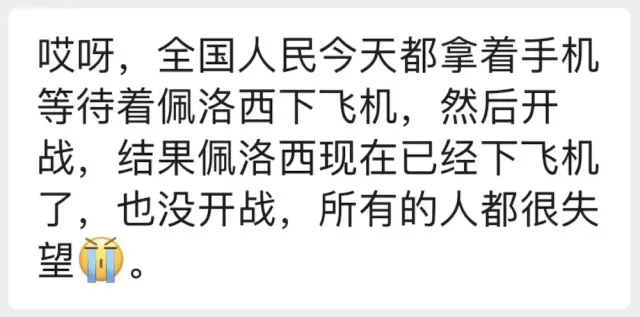This past weekend I experienced a confluence of conflicting emotions, an experience that my wise colleague Tim Reitz has pointed out has become somewhat emblematic of the times in which we live. On the one hand, Saturday was the Mid Autumn Festival (Zhōng qīu jíe 中秋节) the traditional Chinese harvest celebration (akin to Thanksgiving) when families gather to express their gratitude (please join the celebration of this holiday with the CAIS community on Sunday, September 18 from 11:00 a.m. to 2:00 p.m. on the 19th Avenue campus). I also felt happy about the smooth start of the school year. I know from speaking with many of you parents, that you too are happy (and relieved) as your family reestablishes its routines after a frenetic summer of chauffeuring kids to various camps and keeping track of their schedules on Excel spreadsheets. Teachers are excited to be doing what they do best, and students are excited to be back together with their friends.
On the other hand, Sunday was the 21st anniversary of the 9/11 attacks on New York City and Washington, DC. Each year this anniversary sharpens my own sense of purpose at CAIS. A year ago at this time I wrote about my own experience on September 11, 2001 when I lived in Beijing where I ran a small Mandarin immersion school for US high school students. On the day after the 9/11 attacks, the Chinese host parents of my American students from New York, DC, and Pennsylvania flooded me with phone calls about the well-being of their host students’ families. That was the first time I realized how the bridges that are built with individuals from different cultures and nations can transcend history, politics, and nationalism. This is an important part of the work we do at CAIS, a reason we matter, and a reason to send your child to this school.
While we have not seen anything as dramatic as 9/11, the relationship between China, the US, and Taiwan has grown increasingly strained, reaching a crescendo recently when Nancy Pelosi visited Taiwan. The reaction on Chinese social media platforms such as WeChat and Weibo revealed an irrational nationalism among ordinary people. A Bay Area friend of mine who grew up in China shared the following WeChat message with me from a preschool director in Beijing:

This is from a preschool director! Posts like these are hardly one-offs; they reflect a disturbingly hawkishness towards Taiwan and the US among many social media users who posted their sentiments after Pelosi’s Taiwan visit.
Faced with this level of animus, I know that we at CAIS are a constructive force for positive action—we can actually do something concrete and meaningful every day. I am confident that a child educated at CAIS has the capacity to view others as “us” and not as “them.” As we state in our school’s DEI Philosophy Statement,
Immersion in a new language and culture requires humility, curiosity, empathy, connection, and a true appreciation of difference…. The attitudes and aptitudes that are cultivated through Chinese immersion extend far beyond language and prepare students to engage respectfully with a diverse world
Likewise, just as the families who hosted my students in Beijing in September 2001, I believe that the Chinese children and families who welcome CAIS students into their homes as part of our global programs will view our children as friends and not enemies (If you haven’t already done so, please read about our plans to restart global programs in 2022-23 here).
I am in my 13th year at CAIS and my 24th year in Mandarin immersion education. Never has the kind of education CAIS provides been more critically important. Our response to the rising tension between people, culture and nations is—and ought to be—to lean into our mission to embrace Chinese, become our best selves, and contribute to a better world. We may not deescalate tensions tomorrow, but we are planting the seeds.

